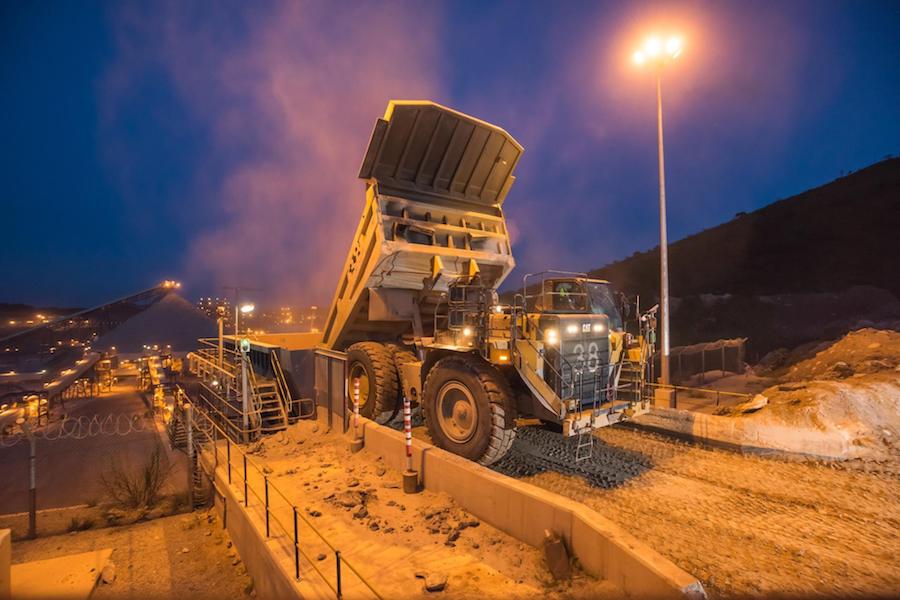
KINSHASA, March 20 (Reuters) – Democratic Republic of Congo said on Tuesday it would open negotiations with mining companies on Wednesday about implementing a new mining code that hikes taxes and royalties.
President Joseph Kabila signed the new code, which replaces a predecessor from 2002, earlier this month despite strong objections from industry, which said it would scare off investment and violate existing agreements.
In a meeting two days before he signed the code, Kabila assured the companies their concerns would be taken into account in the follow-up talks.
The miners say they expect the negotiations to focus on recognition of 10-year protections against changes to the fiscal and customs regime they enjoyed under the previous code but that were annulled by the new law.
However, officials in Congo, which is Africa’s top copper producer and mines more than half the world’s cobalt, have said that no compromises reached in the talks can contradict provisions in the code.
“Beyond the pressures exercised by outside investors on the Congolese institutions and people, the government is determined to defend national interests,” the Congolese government said in a statement following a cabinet meeting on Tuesday.
Major mining companies present in Congo, including Glencore, Randgold, China Molybdenum and Ivanhoe, said last week they had dispatched legal and technical experts to the capital Kinshasa for the negotiations.
The new code opens the door for royalties to increase up to five-fold on metals designated “strategic substances” by the government and it also introduces a 50 percent windfall profits tax.
The companies also say they hope the negotiations will focus on royalties and taxes, yet the office of Prime Minister Bruno Tshibala appeared to preempt those discussions last week by saying cobalt would be declared a strategic substance and that copper could be as well.
(Reporting by Amedee Mwarabu; Writing by Aaron Ross; Editing by Gareth Jones)